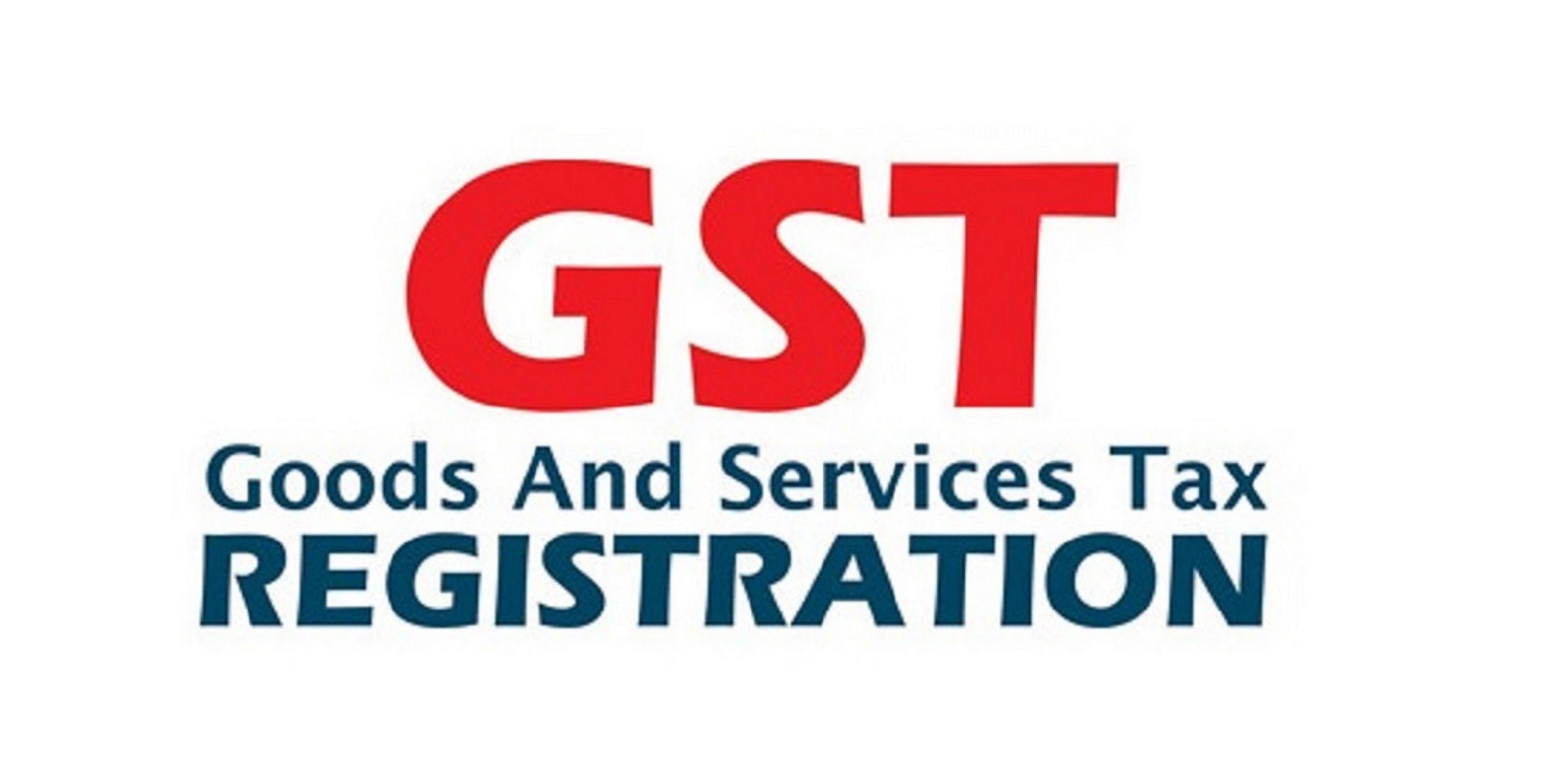Throughout: An Extensive Review of GST Enrollment and How to Successfully Register Your Business
Browsing via the elaborate procedure of GST enrollment can be an important step for any service looking to develop compliance and legitimacy in the marketplace. Why choose CFO Account & Services for GST registration in Singapore. From comprehending the basic concepts of GST to satisfying the eligibility requirements and collecting the essential documentation, the journey in the direction of successful registration can usually look like a complicated task. With the ideal advice and understandings, companies can enhance this procedure and unlock the advantages that come with being a signed up entity.
Recognizing GST and Its Relevance
Recognizing the Goods and Services Tax Obligation (GST) and its relevance is vital for businesses running in economic climates where this taxation system is applied. By enabling companies to assert input tax credit histories on the tax paid on acquisitions, GST guarantees that tax obligations are determined only on the value included at each stage of the supply chain.
In addition, GST promotes conformity and openness in the tax obligation routine, minimizing tax evasion and raising government earnings. It streamlines tax obligation administration and conformity for businesses by offering a common platform for tax obligation filing and repayment. Overall, a detailed understanding of GST is vital for businesses to successfully browse the complexities of the tax system and ensure compliance with the legislation.
Qualification Criteria for GST Enrollment
To sign up for GST, companies must meet certain qualification criteria outlined by the tax obligation authorities. The primary demand for GST enrollment is that business's aggregate turnover goes beyond the limit set by the government, which varies by state. Since the present guidelines, businesses with an annual turnover of Rs. 40 lakhs or more in many states have to sign up for GST. For services operating in sloping regions and northeastern states, the limit is Rs. 20 lakhs. Furthermore, specific businesses, such as those involved in inter-state supply of items or solutions, casual taxable persons, and non-resident taxable individuals, are required to sign up for GST regardless of their turn over.
Furthermore, organizations involved in supplying items or services through shopping systems are additionally mandated to sign up for GST, regardless of their turnover. Furthermore, organizations that were registered under the previous tax obligation regime, such as barrel, excise duty, or service tax, must change their registration to GST. Sticking to these qualification requirements is critical for businesses looking for to adhere to the GST guidelines and avoid any kind of fines for non-compliance.
Records Required for GST Enrollment
When applying for GST enrollment, businesses must guarantee they have all the essential records in order to complete the procedure smoothly and successfully. The essential documents required for GST registration consist of proof of organization registration or unification such as the Certificate of Consolidation, partnership act, or registration certificate. In addition, companies require to provide evidence of address for the principal location of service, which can be sustained by documents like an energy expense or a rental agreement.
Additionally, papers validating the identity and address of the promoters or companions included in the service, such as frying pan card, Aadhaar card, or key, are necessary for GST enrollment. Financial institution account declarations or terminated cheques presenting the name of the business, address, and account number are additionally mandatory to verify the financial institution account information supplied throughout enrollment.
Making certain all the needed papers are in order and readily available will certainly streamline the GST enrollment process and aid services prevent difficulties or hold-ups.
Online Registration Process for GST

After finishing the type, sustaining files require to be uploaded according to the guidelines supplied. These documents typically include evidence of company enrollment, address proof, bank statements, and identification proof of business proprietor. It is important to ensure that all papers are clear, legitimate, and published in the specified style to stay clear of delays in the enrollment procedure.
When the application and documents are submitted, services can track the standing of published here their GST registration online. If there are no problems or added information needed, the GST enrollment certification will be provided digitally, noting the successful conclusion of the online registration procedure.
Post-Registration Compliance and Tips

Furthermore, organizations should keep proper account books, including billings, bookkeeping records, and financial declarations, to support the information offered in GST returns. Routine audits and settlements ought to be conducted to ensure information precision and compliance with GST legislations. Businesses need to remain updated on any kind of adjustments in GST regulations, prices, or conformity treatments to make required changes quickly. Seeking specialist support from tax obligation consultants or accountants can also assist services browse complex GST conformity requirements successfully. By staying proactive and cautious in post-registration conformity, organizations can prevent penalties, keep excellent standing with tax obligation authorities, and foster operational efficiency.
Conclusion
In conclusion, the procedure of GST enrollment is vital for organizations to abide by tax laws and run legally. By comprehending the qualification criteria, gathering the required papers, and completing the on-line enrollment procedure, businesses can effectively sign up for GST. When needed to make certain smooth procedures., it is important to stay compliant with post-registration requirements and seek expert advice (Why choose CFO Account & Services for GST registration in Singapore).
Businesses that were registered under the previous tax program, such as VAT, Look At This excise responsibility, or service tax, should shift their registration to GST. The crucial papers required for GST registration include proof of business registration or incorporation such as the Certification of Unification, partnership action, or registration certificate.Upon effective conclusion of the GST enrollment process, companies have to without delay stick to post-registration compliance demands to maintain governing conformity and ensure smooth operations.In verdict, the procedure of GST Source registration is vital for companies to comply with tax obligation guidelines and operate legitimately. By recognizing the eligibility criteria, collecting the needed records, and finishing the online registration procedure, organizations can efficiently sign up for GST.